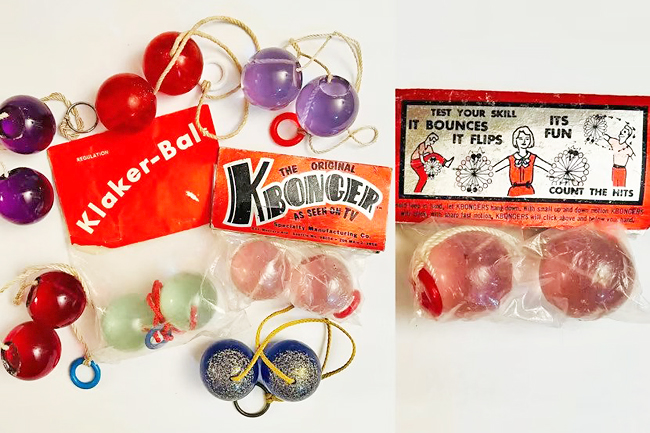Hazeeq Sukri
CNA – Remember when fidget spinners were all the rage a few years ago? Well, now you’ve got the lato-lato and, love or hate them, this toy craze is quite literally in full swing in Singapore.
Comprising two plastic balls connected by a string, it’s now become infamous for the clacking sound it makes when players swing it up and down.
The general rule of play among friends is that the person who maintains the clacking rhythm the longest wins.
With lato-lato capturing the imagination of young folks, here’s a quick look at its history as well as some interesting facts about it.
IT’S NOT FROM INDONESIA; IT’S AN AMERICAN TOY
The name lato-lato is said to have been derived from the Bugis word latto-latto which translates to “making clacking sounds”.
A popular misconception about lato-lato is that it hails from Indonesia.

While it’s true that the resurgence of its popularity can be attributed to Indonesian TikTok trends, the toy originated in the United States (US) where it was called clackers.
IT USED TO BE CONSIDERED DANGEROUS
The original clackers in the 1960s and 70s were made with either tempered glass or acrylic.
This meant that the balls would occasionally shatter and send shards flying when hit.
As more and more children got hurt from playing with clackers, the US Food and Drug Administration established new safety standards for manufacturers. As a result, clackers were pulled from American shelves.
IT WAS THE SUBJECT OF A COURT CASE IN THE US
In 1974, the US Marshals Service seized a shipment of about 50,000 sets of clackers.
In response, Ace Novelty Company filed a complaint stating that clackers were not banned hazards as defined by the Federal Hazardous Substances Act (FHSA).
In the end, the court decided that the US had the right to seize the shipment under the FHSA as clackers were mechanical hazards and could cause injuries to children.
They then allowed the US to seize and destroy the shipment of clackers.






